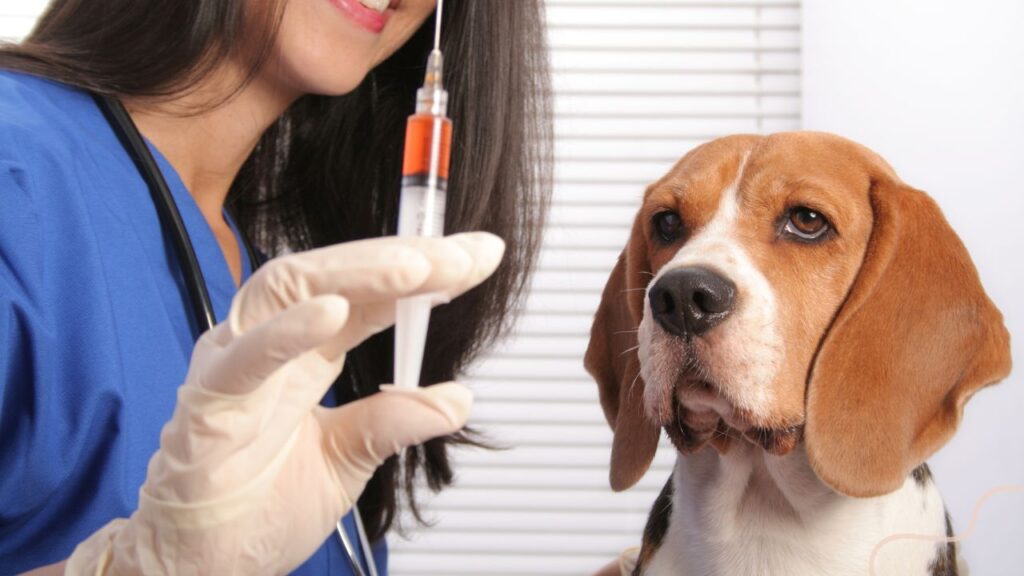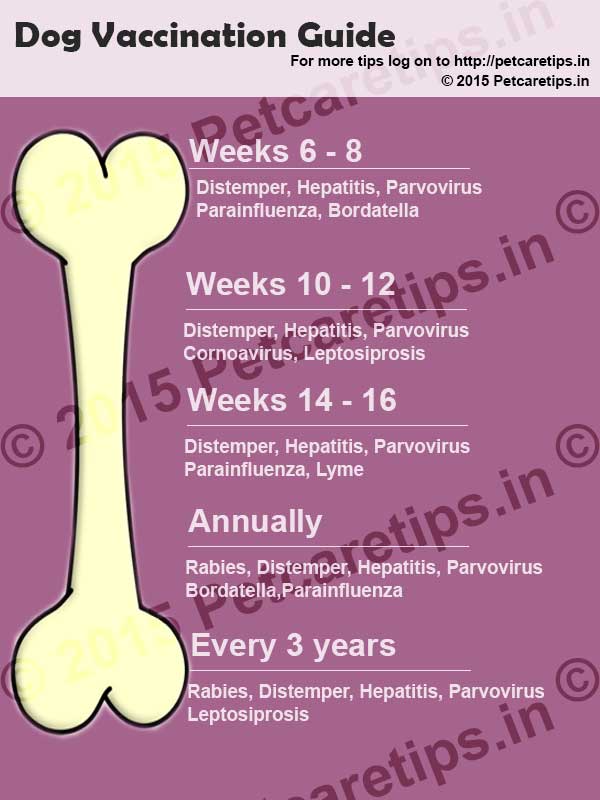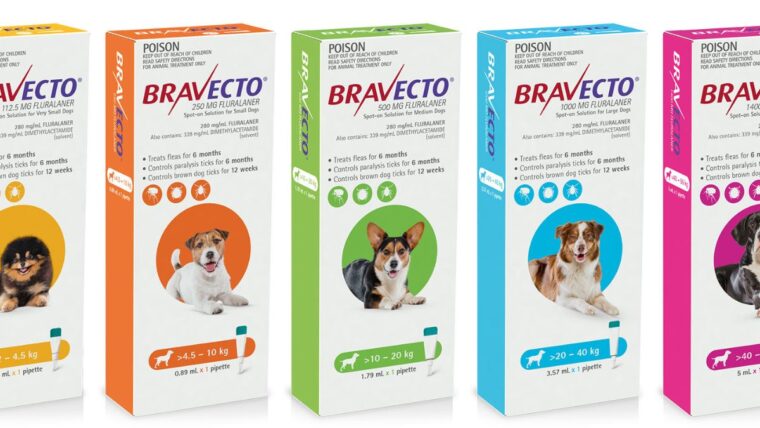Just like we need vaccination for some of the deadly diseases, we also need to protect our loved dogs from some of the deadly diseases. You can find a brief Dog Vaccination Chart In India in this post.
The dog vaccination schedule may differ depending on the local regulations, climate, and availability of vaccines, as well as your veterinarian’s preferences. Each pet is unique. Your dog or cat could respond to a vaccination differently from any other dog or cat on the planet. However, your veterinarian could be the best choice.

When the vaccination is delivered into your dog’s system and the immune system is triggered. When your dog is exposed to the disease, his system is prepared to detect it, fight it, or lessen its severity. The immune system of a puppy is better able to protect itself against any organism invasion thanks to vaccinations.
Antigens included in vaccines can cause sickness since they imitate actual pathogens. The goal of dog vaccinations would be to activate the immune system by getting it to identify the antigens present. In this way, the system will be prepared to fight off the sickness or at the very least lessen its effects if a puppy develops a vulnerability to it.(Trusted Source)
Which Vaccinations Are Required for Your Dog?
According to a global danger of exposure, the severity of the sickness, and the likelihood of transmission to other pups, in addition to other animal species like humans, core puppy vaccinations and puppy vaccinations are regarded to be important for all dogs.
The American Animal Hospital Association’s Canine Task Force views the following canine immunizations as essential:
Dog Core vaccination
- Dog parvovirus
- Dog distemper
- Dog hepatitis
- Rabies
Dog Non-Core Vaccination
- Bordetella
- Influenza
- Leptospirosis
- Lyme Disease
Although these vaccinations aren’t regarded as Core, they are essential for dogs who may be exposed to certain illnesses. We will be happy to offer advice and determine which of the aforementioned options are the most sensible for the dog during your canine consultation.
Also Read: Which are the best dog breeds in India?
When Should A Puppy Start Vaccinations?
A puppy should typically start receiving vaccinations as soon as you bring it home (often between 6 and 8 weeks), then every three weeks until it is around four weeks old, at which point it will receive its final round. The puppy will acquire antibodies from the mother’s milk when feeding if the mother has a strong immune system. Immunizations must begin. A pup was then weaned from its mother’s milk.
You must keep up with your vaccination schedule. It has been demonstrated that vaccinations prevent illnesses and abnormalities that could otherwise occur. Following a puppy vaccination schedule equates to providing a puppy with responsible care. In order for your pet to have the best possible chance at happiness and health, vaccines are crucial. Don’t put yourself at risk of getting one of those diseases when it’s so simple to avoid them.
Following their 15-week immunisation against parvovirus, some dogs may require further shots. Upon your subsequent session, consult a veterinarian.
Many vaccinations may be given to puppies and kittens as early as 6 months old, so talk to your veterinarian about creating the best immunisation schedule for your cat or dog. The duration of the adverse reactions and risks associated with canine vaccinations.
Puppy Vaccination Schedule India
For pups, we normally advise the following vaccine schedule:
- 6-8 weeks: Bordetella, DHPP*
- 9-10 weeks: DHPP, Bordetella, and Leptospirosis
- 12–13 weeks: Lyme disease, canine influenza**, DHPP, and leptospirosis
- 15–17 weeks: DHPP, Rabies, Canine Influenza, and Lyme Disease
Depending on the dog’s lifestyle, immunizations against canine influenza and Lyme disease are administered.
It’s crucial to keep up with your puppy’s vaccination regimen. Medical research has shown that vaccines for puppies help avoid a wide range of illnesses and disorders that can develop without the right immunizations. Following a puppy vaccination schedule is a sign of proper puppy care. Vaccinations are crucial to giving your puppy every chance to live a long and healthy life. Avoid putting your puppy at danger of developing one of these dreadful diseases when it is so simple to avoid them.
Dog Vaccination Chart In India
Your veterinarian can start adopting an adult dog vaccination plan after your puppy reaches maturity and all of the essential puppy immunizations have been given. Periodic adult boosters*, which include the same DHPP vaccine given to pups with a few extra additions, are part of a dog’s routine immunisation plan.
When dogs come in for their first checkup after a year, we suggest giving them booster doses of the DHPP, Leptospirosis, and Rabies vaccinations as well as Canine Influenza and Lyme disease immunizations, if their lifestyle calls for them. It should also be given if Kennel Cough (Bordetella) is due at this period.
Each vaccination has a certain duration of efficacy:
- DHPP – 3 years
- Rabies – 3 years
- Leptospirosis – 1 year
- Canine Influenza – 1 year
- Lyme Disease – 1 year
- Bordetella (Kennel Cough) – 1 year
Dog Vaccination Side Effects
Immunizations provide several advantages over potential hazards. Dog vaccinations seldom cause adverse responses. However, puppy and dog immunizations might have certain negative effects, just like any drug or immunisation regimen. We do advise getting your puppy or dog vaccinated at a time when you can keep an eye on them thereafter.
Symptoms that your dog could exhibit if there is a response to immunizations include:
- Fever
- Sluggishness
- reduced appetite
- Hives, or swelling of the face or paws
- Vomiting
- Diarrhea
- Puffiness or discomfort at the injection site
- Collapse, breathing issues, and seizures (anaphylactic shock)
Similar to human vaccinations, minor side effects can be disregarded. The majority of responses are modest and transitory. You should get in touch with your veterinarian right away if you detect a more serious reaction to puppy or dog immunizations, such as face swelling, vomiting, or lethargic behaviour.
Setting Up A Consultation For A Dog’s Vaccinations
Within a week of getting your new puppy, you should plan your first appointment to the vet to create a puppy immunisation programme. After the puppy vaccination schedule is finished, or as soon as you bring home an adolescent or adult dog, you can plan an adult dog vaccination programme, which includes periodic booster vaccines.
A dog vaccination plan should be followed exactly, just like any other immunisation routine, to guarantee that your canine friend stays healthy, content, and fine for the rest of his or her life. Make an appointment now for your canine buddy to get their shots.




3 Comments